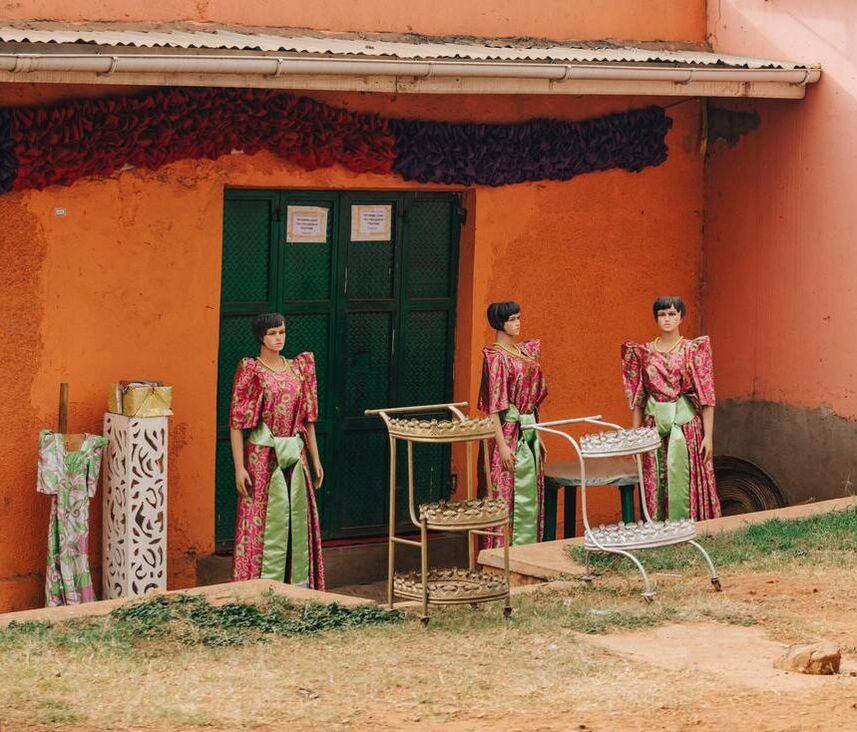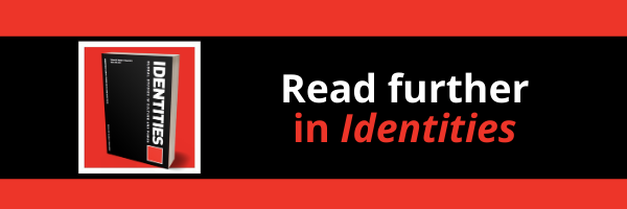|
|
|
Discussions of contemporary white supremacy are seemingly everywhere: the election of Donald Trump and the January 6th insurrection, the murder of George Floyd, Brexit, the rise of the Alternative Right and white supremacist violence, and the coordinated efforts to deny racism and not educate children about the history and contemporary reality of race. These loud and important flashpoints, however, can unintentionally obscure the wider function and embodiment of white supremacy. That it is global and interconnected, is about systems and structures of power and not individuals, often hides in plain sight, and does not need ‘white’ bodies to sustain its power and replication.
For over a decade I have travelled to collect field data on race, globalization, development and labour in different Global South geographies. Through these engagements similar patterns became clear: countries in the Global South were beholden to policies dictated by the Global North. National groups racialized as white, or that exhibited a proximity to whiteness, were typically in positions of political and economic power. Those racialized as Black, or represented a distance from whiteness, had the worst material conditions. These seemingly very apparent global racial inequalities were often understood, though, as not about racism but about economic development, skills, capabilities, culture – essentially, anything but race.
In our Identities article, ‘Good Mzungu? Whiteness and white supremacy in postcolonial Uganda', we wanted to challenge the deracialization and naturalization of global inequalities and development in postcolonial Global South geographies, and forefront the role of whiteness and global white supremacy. Spotlighting Uganda and the experiences and understandings of Ugandan domestic workers who work for foreigners became a prism to highlight the material and discursive reproduction of white supremacy and how it was embodied in the term Mzungu. This entailed unpacking what whiteness means and represents, its overlapping and structural forms, and within the context of Africa – and Uganda specifically – a geography commonly viewed as not having a lot of racialized white people. For us, whiteness is structurally found in the growth of what we call the development aid state, and is discursively understood for Ugandan domestic workers within what philosopher Achille Mbembe labels the ‘duality’ of Black reason.
Uganda, and many other countries in Africa and the wider Global South, can be described as development aid states. Development aid states need Overseas Development Assistance and its representatives to operate their budgets, weather financial and social crises, assert to the global community that the country is ‘worthy’ of assistance and represent the ‘capabilities’ needed to not squander or mismanage support. The development aid state is run by what anthropologist Jemima Pierre labels ‘development whites’, foreign expatriates of the aid state who usher a country through development proscriptions and work with local elites to implement policies, programmes and aid initiatives. White supremacy is reproduced through the direct and indirect ways the aid state shapes all Ugandans lives, but also how ideas about whiteness become associated with progress, advancement and knowledge. Essentially, once overtly racial colonial tropes are now repackaged within the supposedly colourblind parameters of economic development. We interviewed Ugandan domestic workers who worked in the households of development whites and found that they understood whiteness within the intimate confines of the aid state in broad and specific ways. Whiteness embodied money, possibilities and authority – notably in the ability to create the knowledge of and about Africa and Ugandans, but also whiteness was an artifice, a contradiction and cruel. Domestic workers wove a duality of Black reason, where the apparatus of white supremacy dictated their lived experiences, and where white supremacy was challenged by cultivating identities of care and community. The East African term for white foreigner, Mzungu, exemplifies all the systemic, exasperating and powerful significations and structures of whiteness and white supremacy. Ultimately, regardless if there are benevolent Mzungu, innocent Mzungu, rich Mzungu, strange Mzungu, or what domestic workers hope for – good Mzungu – global white supremacy remains intact.
Image credit: Photo by Random Institute on Unsplash
Blog post by Michelle Christian, University of Tennessee, USA
Read the Identities article: Christian, Michelle & Namaganda, Assumpta. Good Mzungu? Whiteness and white supremacy in postcolonial Uganda. Identities: Global Studies in Culture and Power. DOI: 10.1080/1070289X.2022.2037901
Explore other relevant Identities articles:
The wreckage of white supremacy Hyperconsciousness of Race and Its Negation: The Dialectic of White Supremacy in Brazil Racialisation and the afterlife of colonial divide and rule: a response to Avtar Brah
0 Comments
Your comment will be posted after it is approved.
Leave a Reply. |
|
Explore Identities at tandfonline.com/GIDE |
|
The views and opinions expressed on The Identities Blog are solely those of the original blog post authors, and not of the journal, Taylor & Francis Group or the University of Glasgow.


